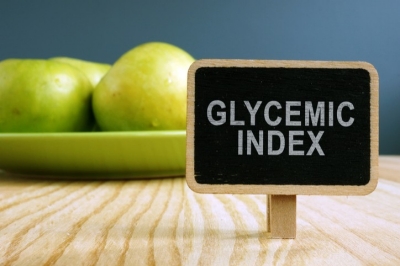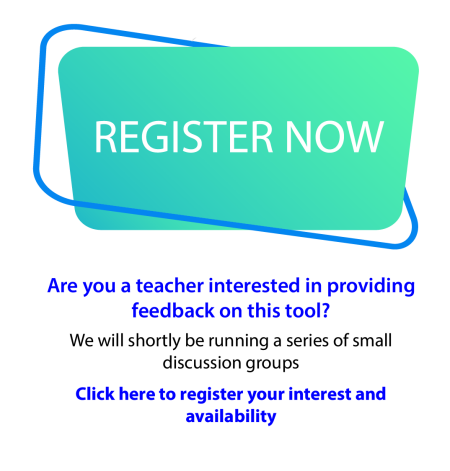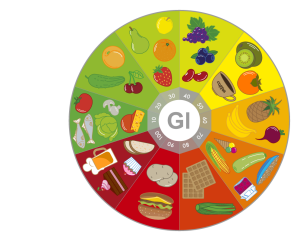The project aims to develop a series of differentiated tools to enable children and young people to engage in hands-on activities that allow them to compare and contrast the glycaemic index of common foods.
The approach involves mixing food with amylase, and then measuring the amount of glucose released. Glucose measurement is undertaken using a chemical reaction involving a colour change followed by either quantitative digital image analysis (senior secondary school) or simple qualitative visual comparison with standards.
All resources are easily available to schools or freely accessible via a smart phone or tablet.
These tools offer the potential to contribute to learning that is contextualized in exploration of nutrition as a complex social issue, or explores concepts associated with food chemistry, digestion, food and nutrition, or science communication.



